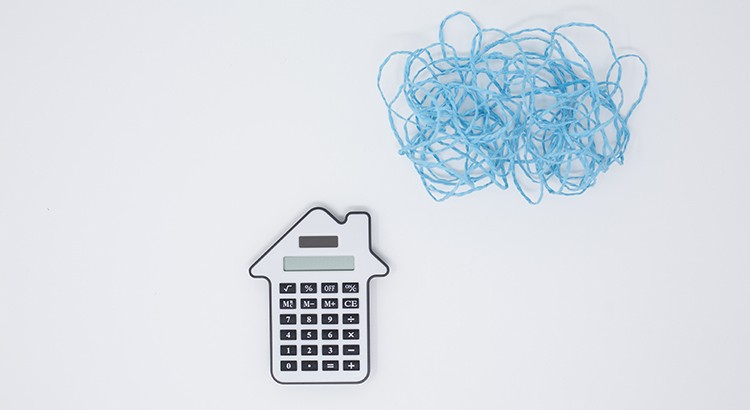
“Let’s break down one of the big equity stories you may be seeing in the news, and what’s actually taking place.”
Home equity has been a hot topic in real estate news lately. And if you’ve been following along, you may have heard there’s a growing number of homeowners with negative equity. But don’t let those headlines scare you.
In truth, the headlines don’t give you all the information you really need to understand what’s happening and at what scale. Let’s break down one of the big equity stories you may be seeing in the news, and what’s actually taking place. That way, you’ll have the context you need to understand the big picture.
Headlines Focus on Short-Term Equity Numbers and Fail To Convey the Long-Term View
One piece of news circulating focuses on the percentage of homes purchased in 2022 that are currently underwater. The term underwater refers to a scenario where the homeowner owes more on the loan than the house is worth. This was a huge issue when the housing market crashed in 2008, but it much less significant today.
Media coverage right now is based loosely on a report from Black Knight, Inc. The actual report from that source says this:
“Of all homes purchased with a mortgage in 2022, 8% are now at least marginally underwater and nearly 40% have less than 10% equity stakes in their home, . . .”
Let’s unpack that for a moment and provide the bigger picture. The data-bound report from Black Knight is talking specifically about homes purchased in 2022, but media headlines don’t always mention that timeframe or provide the surrounding context about how unusual of a year 2022 was for the housing market. In 2022, home price appreciation soared, and it reached its max around March-April. Since then, the rate of appreciation has been slowing down.
Homeowners who bought their house last year right at the peak or those who paid more than market value in the months that followed are more likely to fall into the category of being marginally underwater. The qualifier marginally is another key piece of the puzzle the media isn’t necessarily including in their coverage.
So, what does that mean for those who purchased a home in 2022? It’s important to remember, owning a home is a long-term investment, not a short-term play. When headlines focus on the short-term view, they’re not necessarily providing the full context.
Typically speaking, the longer you stay in your home, the more equity you gain as you pay down your loan and as home prices appreciate. With recent market conditions, you may not have gained significant equity right away if you owned the home for just a few months. But it’s also true that many homeowners who recently bought their house are unlikely to be looking to sell quite yet.
Bottom Line
As with everything, knowing the context is important. If you have questions about real estate headlines or about how much equity you have in your home, let’s connect.
To view original article, visit Keeping Current Matters.
How Buying or Selling a Home Benefits Your Community
It makes sense that housing creates a lot of jobs because so many different kinds of work are involved in the industry.
What More Listings Mean When You Sell Your House
if you’re considering whether or not to list your house, today’s limited supply is one of the biggest advantages you have right now.
Tips for Younger Homebuyers: How To Make Your Dream a Reality
An agent will help you prioritize your list of home features and find houses that can deliver on the top ones.
Now’s a Great Time To Sell Your House
Late spring and early summer are generally considered the best times to sell a house as these are the seasons most people move and buyer demand grows.
What Is Going on with Mortgage Rates?
Based on current market data, experts think inflation will be more under control and we still may see the Fed lower the Federal Funds Rate this year.
Is a Multi-Generational Home Right for You?
Looking for the perfect multi-generational home is a bit trickier than finding a regular house. A local real estate agent can help you out.






